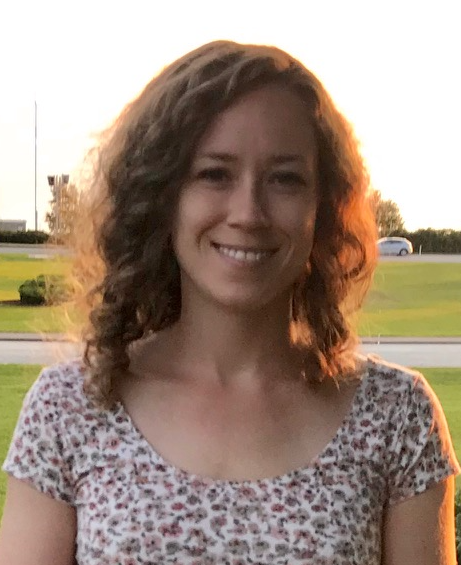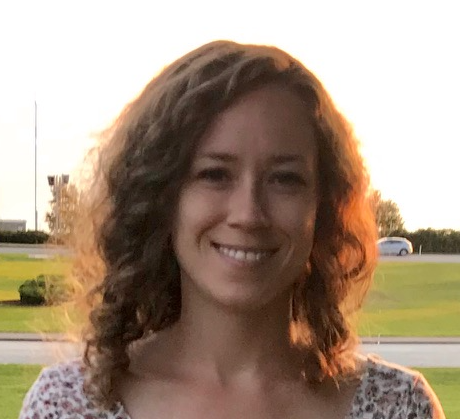Thank you for joining us for the “Breath In, Write Out” podcast this week. Since many students are currently struggling with stress and late nights, we thought this was the perfect time to re-run our interview with Erin Spencer on sleep hygiene. We hope that this podcast helps you to get the sleep you need to succeed!
Erin Spencer is a registered Occupational Therapist. We discussed goal setting and routines, particularly around sleep hygiene. Since students often have a varied and flexible schedule that allows them to stay up late and sleep in, particularly as we move into online classes, establishing and maintaining daily healthy routines can be a challenge.

Erin currently provides community-based assessment and treatment of persons with physical, cognitive and/or psychosocial disability due to neurological, orthopedic or soft tissue injuries with chronic pain. She provides education on sleep hygiene, building routine, re-engaging in activities post-injury, ergonomics and mindfulness.
_
What inspired you to take this career path?
_
I kind of stumbled into it. I had decided in my mid 20s, to go back to university, and I knew that I wanted to go into rehabilitation. I’d actually originally thought physiotherapy. So, I was completing my undergraduate in kinesiology and one of my professors tapped me on the shoulder and said, you know, you should really consider applying to occupational therapy. I was really uncertain about it, but I thought I would apply regardless and I got an interview with the master’s programme at UBC. I prepared really, really thoroughly for it and that’s really when I began to understand what occupational therapy is in terms of the scope, the people that you could be working with and the approach. I found the balance between science and art really appealing.
_
What can students do to improve their sleep hygiene and build effective routines?
_
So, if we can add some structure and routine to the day again, perhaps in the morning and in the evening, so that a student feels a little less frazzled with how to manage their time and the tasks and demands of their curriculum, I think that that could be a huge benefit. There’s a couple of different tips that I can offer here. So, one is to have a bit of routine at the end of the day, around your classes and review and what have you. So, for example, once your classes are done for the day, take a look back at your notes, perhaps review them organize them, but that allows you to then review what you’ve done for the day it helps to solidify the knowledge. It’s a bit of a closing activity as well for your day.
_
What is something that our listeners can do today as the first step towards building healthy routines?
_
As we all know, screens are very stimulating for our eyes and for our brain system, especially blue light. So we can start to remove some of those usual activities and start to substitute in more relaxing activities. So, for example for myself, my bedtime routine is I’ll do some light stretching or rehab exercises, I’ll journal and then I’ll read. I find that reading for me is the most relaxing before I fall asleep. And I find that it helps me to more easily drift into sleep.
_
Erin’s Book Recommendations and Resources
_
The Life-Changing Magic of Tidying Up by Marie Kondo
College of Occupational Therapists of Ontario – COTO
_
Thank you, Erin, for sharing the excellent advice with us and our readers!
_
Missed the podcast? Listen here:
_
_
For more advice about writing, check out our weekly podcast or subscribe to our monthly newsletter.
_
To get more help with your assignments, book a 20 minute discovery session with us and start your journey to reaching your full potential on the page, and in life.
Both the written, visual, audio, and audiovisual content of this post has been created by and is the intellectual property of Lisa Pfau and PFAU Academic Writing. Please do not replicate any of the above content without our consent. However, please do feel free to share this post and its authorship widely.

